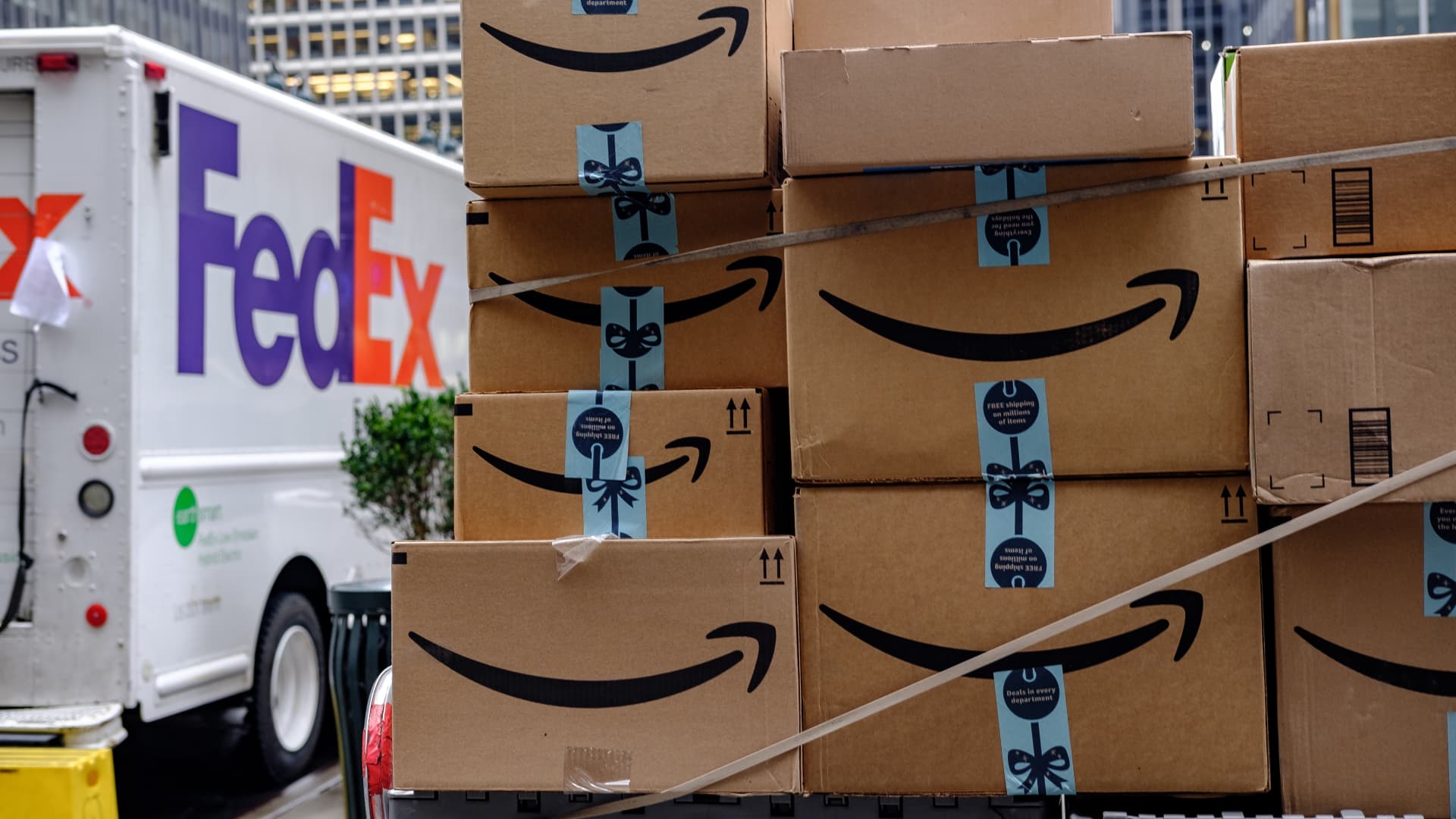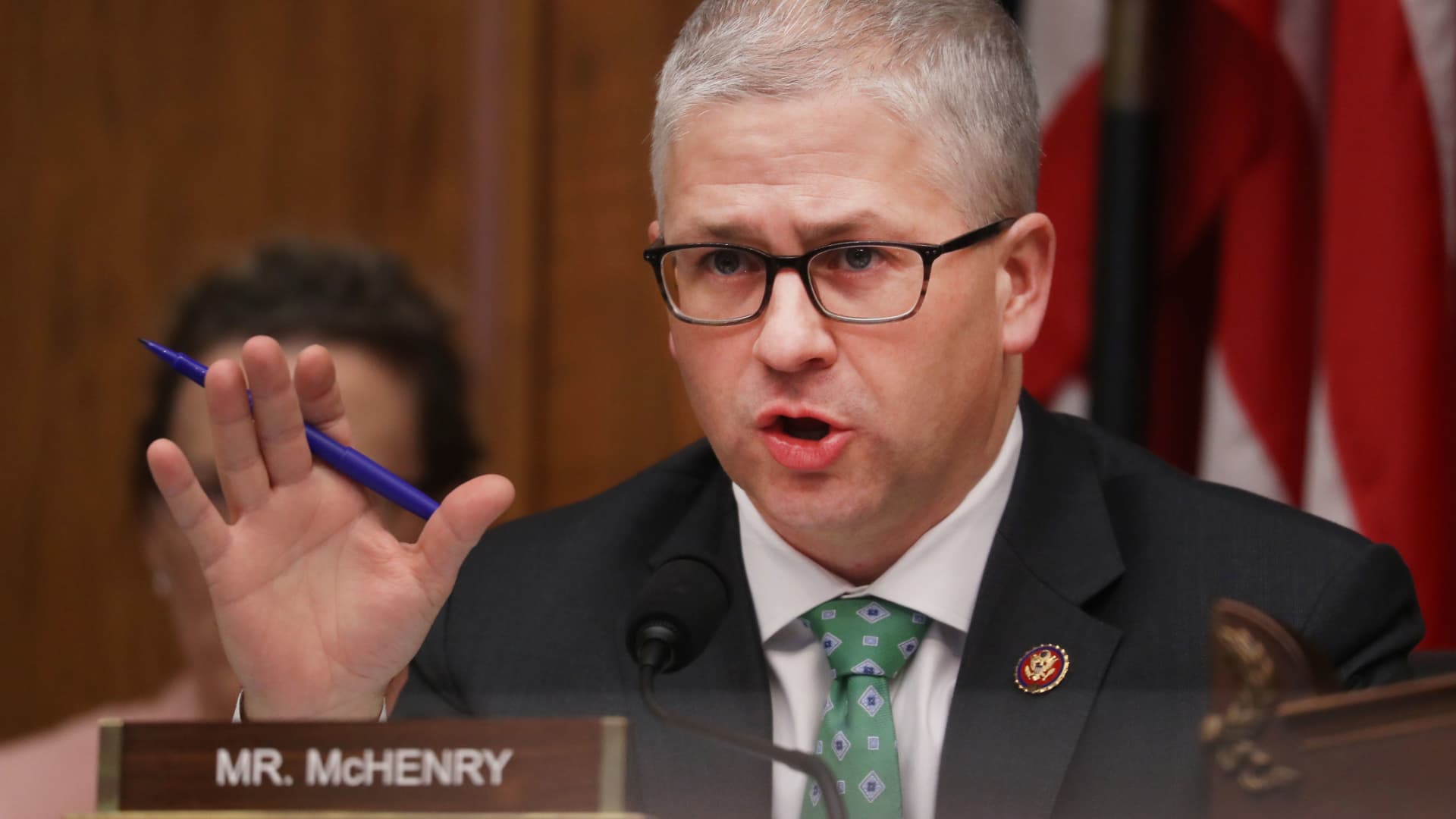Amazon is raising seller fees for the holidays to manage through surging inflation


In its latest effort to contend with soaring inflation, Amazon is planning to raise fulfillment fees during the holiday season, passing off some of its increased costs to the millions of merchants who rely on the site to sell their products.
Starting Oct. 15, and running through Jan. 14, third-party sellers who use Fulfillment by Amazon, or FBA, will have to pay 35 cents per item sold in the U.S. or Canada, the company said Tuesday in an email to sellers. For merchants using FBA, Amazon handles the process of picking, packing and shipping items.
The holiday fee comes on top of existing charges that sellers pay for using FBA services. Those costs vary depending on an item’s size, category and weight.
Amazon said it’s implementing an added holiday surcharge for the first time as “expenses are reaching new heights,” making it harder for the company to absorb costs tied to the peak shopping season.
“Our selling partners are incredibly important to us, and this is not a decision we made lightly,” Amazon said in the email.
Amazon’s third-party marketplace has become the centerpiece of its dominant e-commerce business, as it now accounts for more than half of online retail sales. Because of Amazon’s global reach and massive customer base, many retailers count on the company for the majority, and in some cases the entirety, of their business.
Amazon has been cashing in on that leverage. Revenue from third-party seller services, which includes commissions collected by Amazon, fulfillment, shipping fees and other charges, rose 13% in the second quarter from a year earlier to $27.4 billion. Amazon’s total ecommerce revenue declined 4% during the same period.
Sellers fees have already been going up this year as Amazon manages through higher costs tied to inflation, supply chain constraints and the war in Ukraine. Amazon’s expenses also jumped due to rapid hiring in warehouses to meet a pandemic-driven surge in e-commerce demand.
“At a certain point, you can’t keep absorbing all those costs and run a business that’s economic,” CEO Andy Jassy told CNBC in an interview in April.
Major carriers such as UPS and FedEx typically announce surcharges during the holiday shopping season. Last week, the U.S. Postal Service requested a temporary price hike for the holidays to help cover extra handling costs.
WATCH: How Amazon is shipping for third parties to compete with FedEx and UPS
This post has been syndicated from a third-party source. View the original article here.




